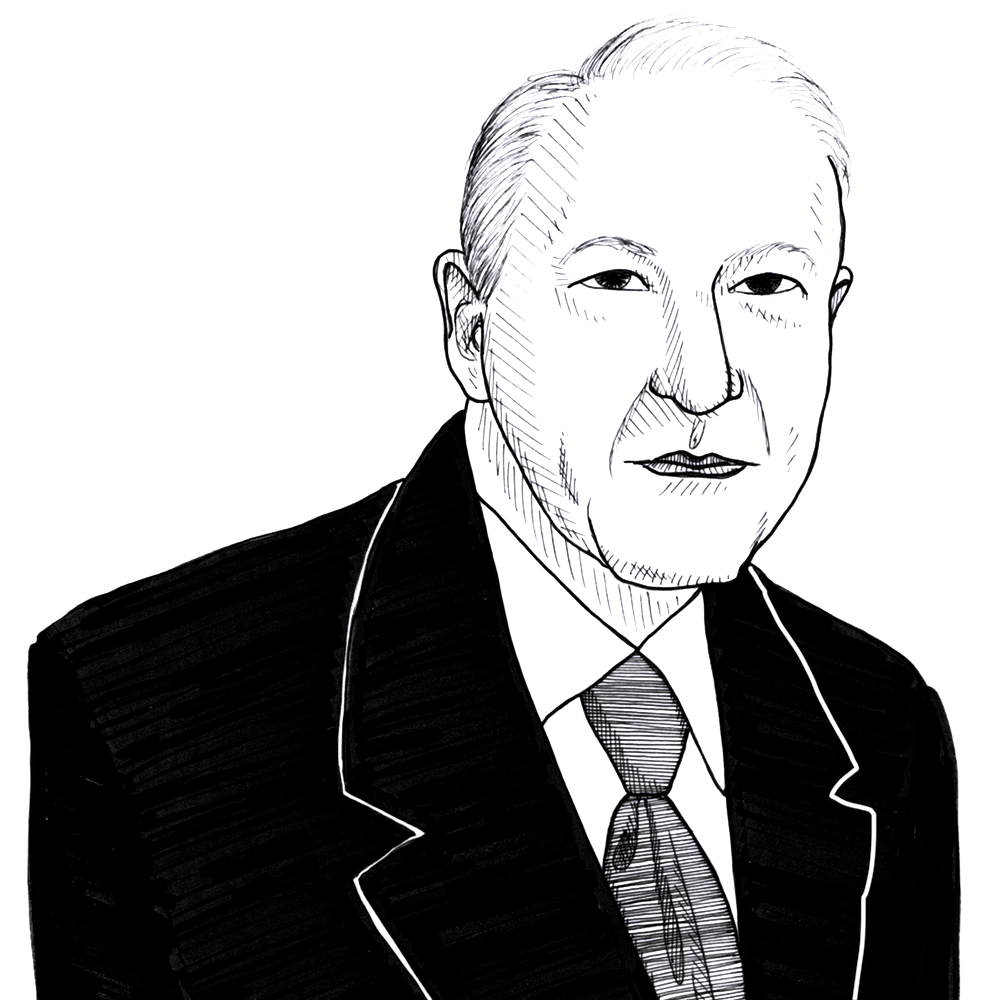
Leonard Read on Ludwig von Mises as the economic dictator of the U.S. (1971)
Found in: Toward Liberty: Essays in Honor of Ludwig von Mises, vol. 2
Leonard Read (1898-1983) relates a story about Ludwig von Mises who was asked what he would do if he were made dictator of the U.S. His immediate answer was that he would abdicate so as to unleash as much creative activity by individuals as possible:
Presidents, Kings, Tyrants, & Despots
The final question was posed at midnight: “Professor Mises, I agree with you that we are headed for troublous times. Now, let us suppose you were the dictator of these United States. What would you do?”
Quick as a flash came the reply, “I would abdicate!” Here we have the renunciation side of wisdom: man knowing he should not lord it over his fellows and rejecting even the thought.
Few among us are wise enough to know how little we know. Ignorance of limitations is to be expected from every one who does not see beyond himself. The wise man, on the other hand, achieves a measure of self-transcendence: he sees beyond himself, even beyond his environment. Knowing far more than the mill run of us, he measures his knowledge against what might be known and confesses to knowing nearly nothing. Such a rare individual weighs his finite knowledge on the scale of infinite truth, and his awareness of his limitations tells him never to lord it over others. Such a person would renounce any position of authoritarian rulership he might be proffered or, if accidentally finding himself in such a position, he would abdicate—forthwith!